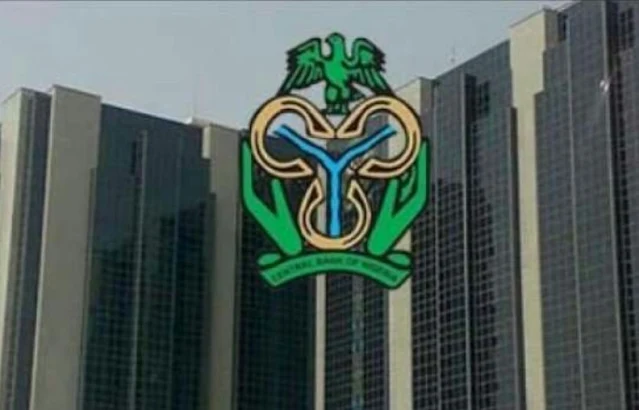The World Bank in its November 2021 edition of its Nigeria Development Update says Central Bank of Nigeria’s exchange rate management policies continue to discourage investment and fuel inflation.
The World Bank update tagged“ Time for Business Unusual” stated that hhe primary macroeconomic challenges affecting growth are issues around the predictability and credibility of exchange-rate management, as well as an insufficient supply of foreign exchange (FX).
“The government’s exchange rate management policies continue to discourage investment and fuel inflation. Exchange rate stability is a key CBN policy objective, and to preserve its external reserves the CBN continues to manage FX demand and limit the supply of FX to the market.”
The report stressed that Central Bank of Nigeria’s exchange rate lack the capacity to handle external shocks to the economy, as exchange rate management emerges as one of the key drivers of inflation.
The report stated, The World Bank stated that the Nigerian central bank’s exchange rate cannot handle external shocks to the economy, as exchange-rate management emerges as one of the key drivers of inflation.
“Pressure on the naira (₦) remains intense, while the CBN has raised the nominal official exchange rate three times since the start of the pandemic (by 15% in March 2020, 5 per cent in August 2020, and 7% in May 2021), FX management remains too rigid to respond to external shocks. Meanwhile, exchange-rate management has emerged as one of the key drivers of inflation,” the World Bank added .
Business Compiler earlier this month listed some the reasons Nigeria is not attracting enough foreign direct investments, which CBN's FOREX policies is one.
Naira lost pace against the US dollar at the parallel market, falling to as low as N560/$1 from N545/$1 that it had maintained in almost two weeks. There is still a significant gap between the N415.07/$1, at the official Investors and Exporters (I&E) window and the parallel despite cries of devaluation.
On Nigeria’s debt burden, World Bank said Nigeria’s debt burden still manageable for the time being, maintaining sustainable debt dynamics will require curbing the use of CBN financing for the deficit and addressing fiscal pressures to break the cycle of low growth and rising public debt.
